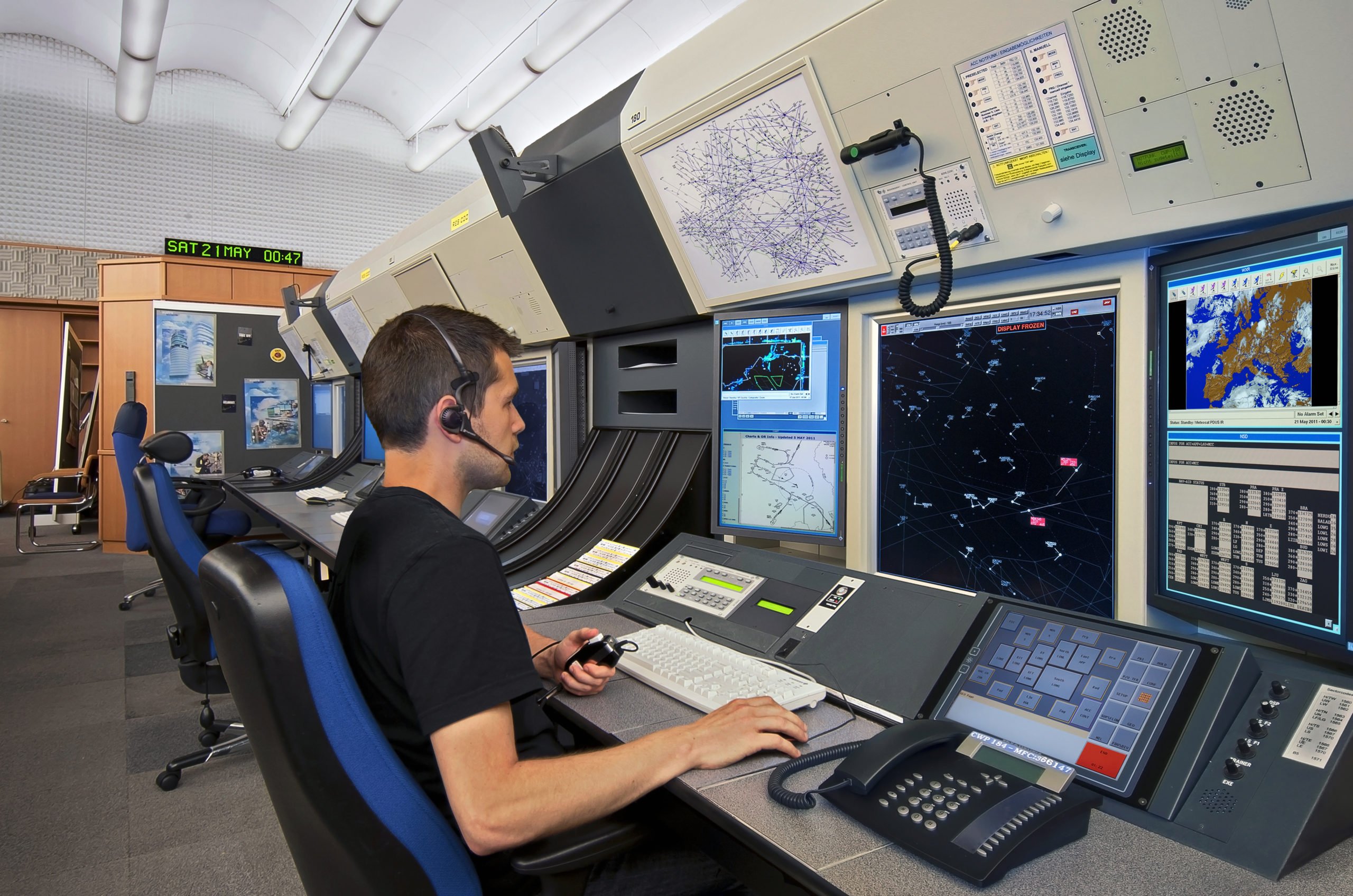Will you be enhanced or replaced by technology?
I’ve been reading a few blogs and articles recently about work automation. The consensus seems to be that this will soon have a major impact on employment, particularly in jobs which have traditionally been considered too highly skilled to be automated. Roles that are primarily about following rules and systems such as being an estate agent or basic accounting or legal administration look likely to be replaced.
Improving artificial intelligence may extend automation into areas which require more discretion or nuanced decision-making. Automation can already take on some very skilled, if essentially manual, tasks such as surgery.
Technology has always replaced jobs but has, on average, replaced them with other jobs that we couldn’t imagine before the technology existed. The changes also usually take much longer than we expect.
For those many jobs that are not directly replaced by technology, success will come to those who choose to develop the skills to be enhanced by technology rather than made obsolete by it.
I was reflecting on this during a long drive to a client meeting in Germany last week. I enjoy driving very much and have absolutely no interest in being replaced as a driver by driverless cars. However, there are some developments that enhance my driving experience (and some I choose to turn off because they distract from it).
The hire car I was driving had a feature that was new to me, a sensor and light in the wing mirror that indicated when a car was approaching next to me. This was particularly useful on Germany’s very rapid autobahns and when I was driving on a less familiar side of the road.
Similarly, anti-lock braking generally does a better job of stopping the car than any but the most skilled human drivers.
However, being taken out of the loop entirely and being relegated to a passenger in a long line of transports trundling to their location has no appeal to me at all.
As a manager, I would be happy to have some of my routine decisions and tasks automated to allow me to focus on higher added value tasks.
As a trainer and consultant, I know that there are some avoidable traps that people often fall into in areas such as making decisions on managing trade-offs. Decision support tools that help us avoid these traps would be valuable.
For many professional and managerial people, particularly those at an early stage in their career, being open to and building the skills of working effectively through technology will be a major component of their career success.
The early stages of this have been with us for some time and initial experiences are not encouraging. Most people use spreadsheet tools such as Excel regularly in their jobs. However, few people have ever been trained in it and a tiny proportion use it to its full potential. Worryingly, many users of these tools don’t have sufficient understanding of statistics and other analytical tools to be able to understand and use the outputs of the spreadsheets intelligently.
Similarly, many meetings are now held virtually through tools such as WebEx or Skype for business. When we work with people in organizations who use these tools regularly, few people have ever been trained in how to use them (despite the easy availability of free online seminars) and fewer have developed the skills of creating interactivity and participation with audiences in webinars.
As new technologies come along we need to be open to experimenting with them but discerning on what they help us do. There will be many tools in the next few years that compete to provide the same function; some will fail, some will just distract us or create more interruptions and some will make us genuinely more productive.
Here are some useful questions we can ask ourselves when deciding whether to adopt a new tool.
- What will this technology help us do better?
- How do I master what the tool can do?
- Once I overcome the technology barrier, how do I use this tool more effectively to create the impact I want?
- Which other technologies can I now discard so I’m not replicating too many tools?
Leaders who are enhanced by appropriate technologies will be much more productive than those who operate on instinct alone. Those who choose to avoid the impact of technology, even in skilled roles, may find themselves obsolete in time.
Speaking personally, I plan to take advantage of any technology that will make me a better leader, but I plan to be the person driving the last manually operated car on the road.

Explore our training programs to see how we can help.
Agile & Digital Training Matrix Management Training People and purpose Training Virtual Teams TrainingEducate yourself further with a few more or our online insights:
30 years of experience learning with a range of world class clients
We work with a wide range of clients from global multinationals to recent start-ups. Our audiences span all levels, from CEOs to operational teams around the world. Our tools and programs have been developed for diverse and demanding audiences.

Tailored training or off the shelf modules for your people development needs
We are deep content experts in remote, virtual and hybrid working, matrix management and agile & digital leadership. We are highly flexible in how we deliver our content and ideas. We can tailor content closely to your specific needs or deliver off the shelf bite sized modules based on our existing IP and 30 years of training experience.
For more about how we deliver our keynotes, workshops, live web seminars and online learning.